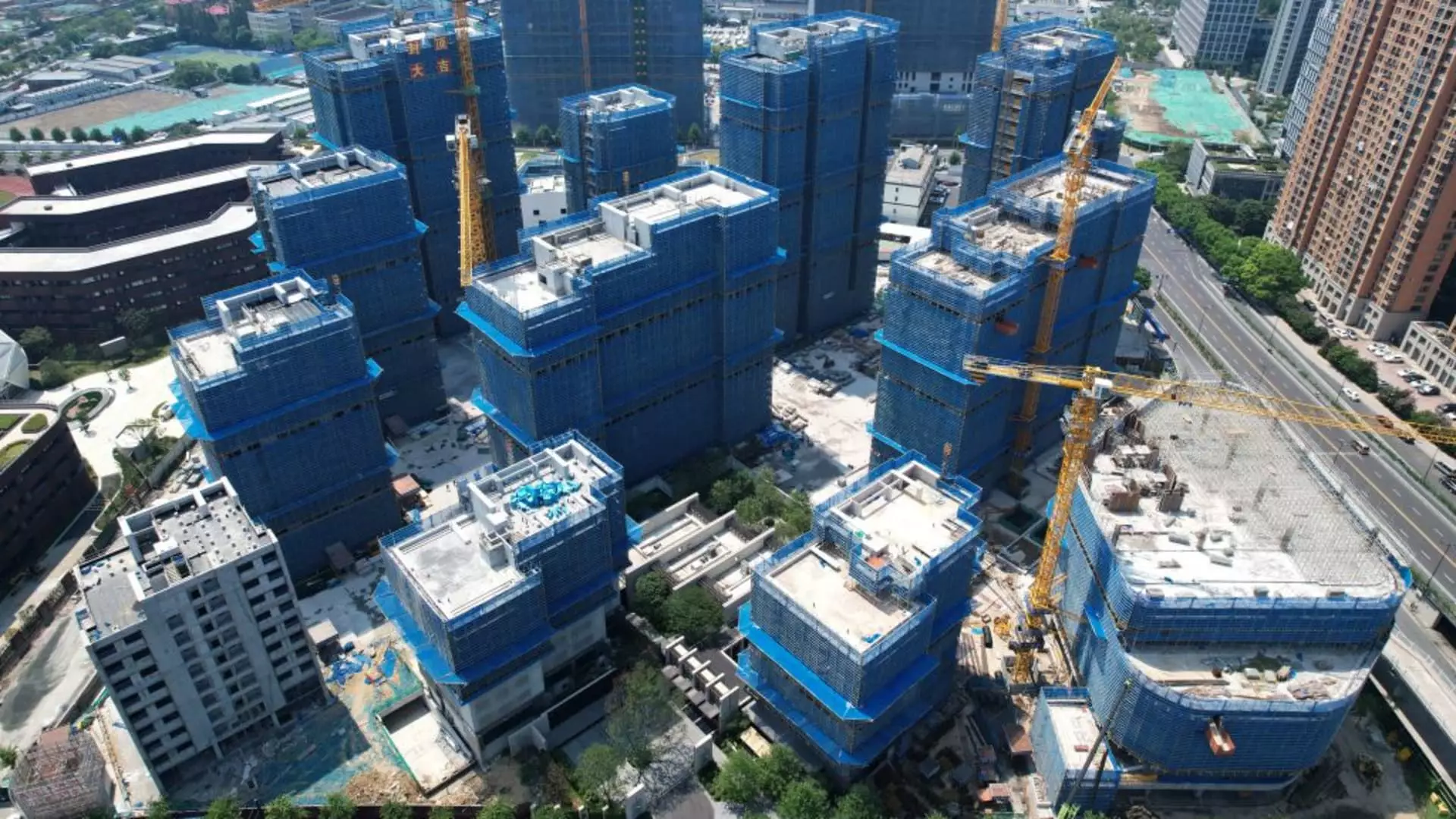China’s property struggles and U.S. sanctions have had a significant impact on various cities in the country, according to the Milken Institute’s best performing cities China index. Hangzhou, the capital of the eastern Zhejiang province, and home to tech giants like Alibaba, ranked first in this year’s rankings. This success can be attributed to the city’s growth as a hub for e-commerce, manufacturing, and finance.
On the other hand, cities like Zhuhai, which was once considered a “rising star,” experienced a drop in rankings due to the slump in the real estate sector. Located in the southern province of Guangdong near Hong Kong, Zhuhai fell 32 places from the previous index, landing at 157th place. Perry Wong, managing director of research at the institute, highlighted the impact of the decline in property sales on the city’s overall economic performance.
While some cities struggled due to the property market downturn, others like Dongguan faced challenges from U.S. sanctions. Known as the city of factories and home to Huawei’s sprawling European-style campus, Dongguan dropped 15 places in the Milken index rankings, ending up at 199th place. The city’s reliance on manufacturing and exports made it vulnerable to international trade tensions.
Shenzhen, another major city in China, went up in rankings but still lagged behind Beijing in 9th place. It was noted that a majority of the Chinese companies blacklisted by the U.S. were based in Shenzhen or Beijing, causing additional pressure on these cities’ economic activities. Despite the challenges, Wong emphasized the potential for cities like Zhuhai to thrive in service and high-end production jobs, beyond the real estate sector.
Cities like Zhengzhou, known for being the home of iPhone manufacturer Foxconn, faced a decline in rankings due to geopolitical tensions affecting exports. The capital of the Henan province fell from 3rd place to 22nd place, showcasing the vulnerability of cities heavily reliant on international trade. Historically, control of cities like Zhengzhou, Hefei, and Wuhan has been crucial for China’s economic stability.
Despite the challenges faced by some cities, others like Wuhan and Hefei fared well in the latest index. Wuhan, which saw a surge of nearly 30 places to second place, managed to keep factories running during the pandemic, leading to a quick recovery. Hefei, on the other hand, received government support for technological development, allowing it to remain among the top ten cities in economic vibrancy.
The impact of property struggles and U.S. sanctions on Chinese cities has been varied, with some cities benefitting from tech advancements while others face challenges from external pressures. As the economic landscape continues to evolve, the resilience and adaptability of cities will be crucial in navigating uncertain times.

